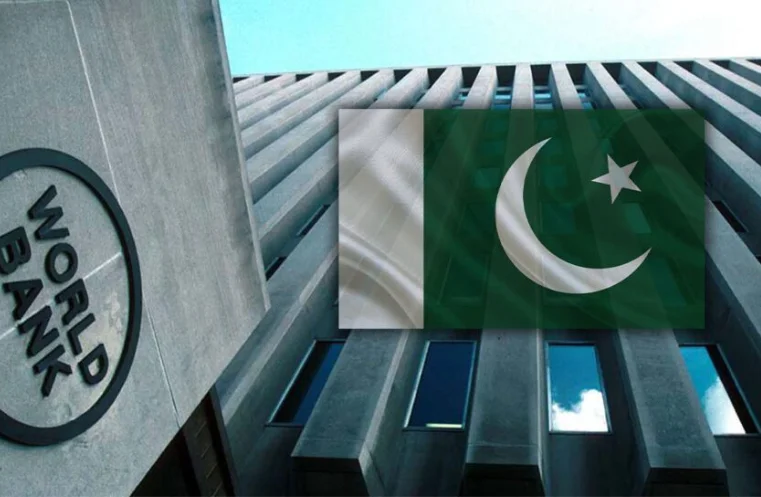Islamabad, Jan 17: The World Bank has updated its economic growth forecast for Pakistan, projecting a growth rate of 2.8% for the fiscal year 2024-25 and 3.2% for FY26. This positive outlook is attributed to easing inflation, increased industrial activity, and a more stable political environment, as outlined in its latest Global Economic Prospects report.
For FY24, the growth estimate stands at 2.5%, driven primarily by improved agricultural yields due to favorable weather conditions and a boost in industrial production following the relaxation of import restrictions.
Notably, Pakistan achieved a significant milestone in August 2024 when headline inflation fell to single digits for the first time since late 2021, reflecting the impact of stringent fiscal and monetary measures. Consequently, the central bank has begun reducing policy rates, signaling an easing of inflationary pressures.
Petrol and Diesel Prices Hiked Amid Inflation Surge
Despite these improvements, the report underscores persistent challenges. Restrictive fiscal and monetary policies are expected to constrain growth, keeping it below potential levels. Moreover, per capita income growth in Pakistan, alongside Bangladesh and Sri Lanka, continues to trail behind pre-pandemic levels. This lag hinders poverty alleviation efforts and slows income convergence with higher-income economies.
In a broader regional context, South Asia (excluding India) experienced an upswing in economic growth, rising from 3% in 2023 to 3.9% in 2024, bolstered by recovery efforts in Pakistan and Sri Lanka. However, food insecurity remains a significant concern, particularly in Afghanistan and Pakistan, where conditions are still worse than pre-pandemic levels despite some progress in other nations.
As Pakistan navigates these economic challenges, addressing structural issues and fostering inclusive growth will be crucial for achieving sustainable development and improving living standards.









